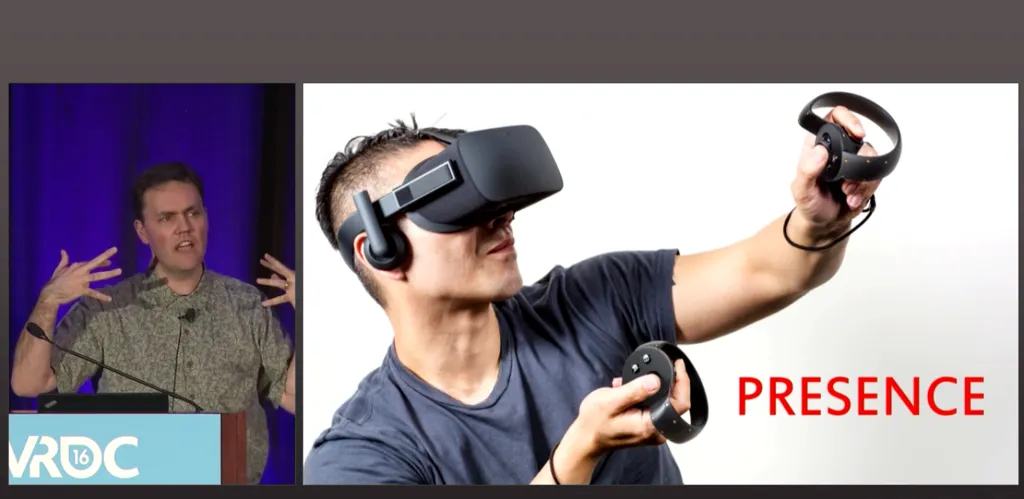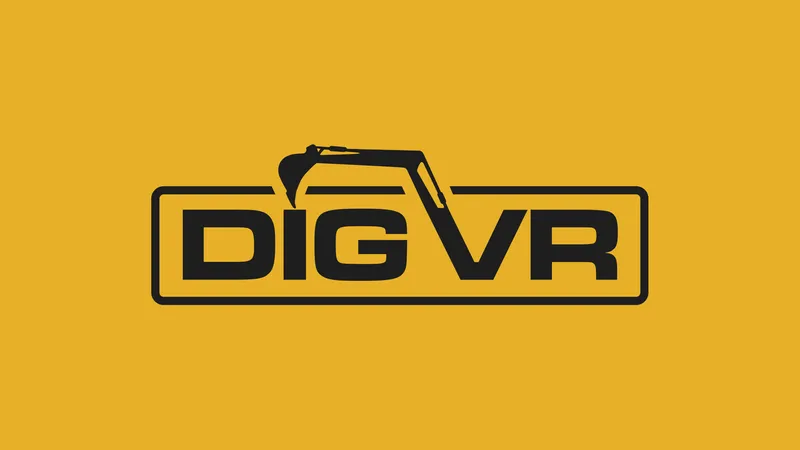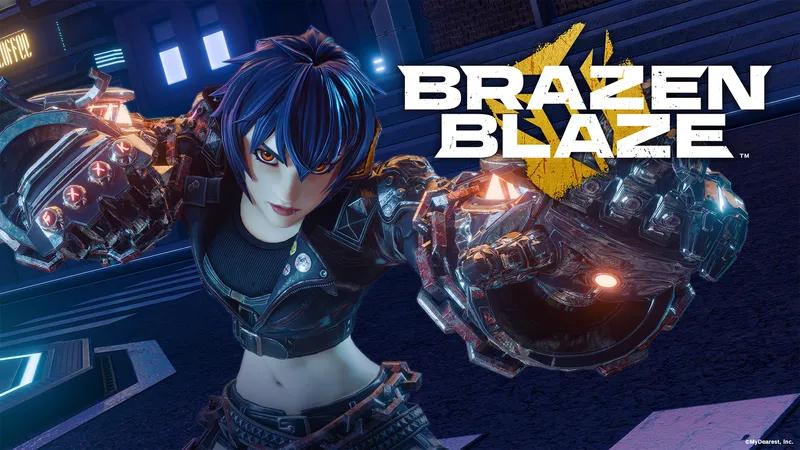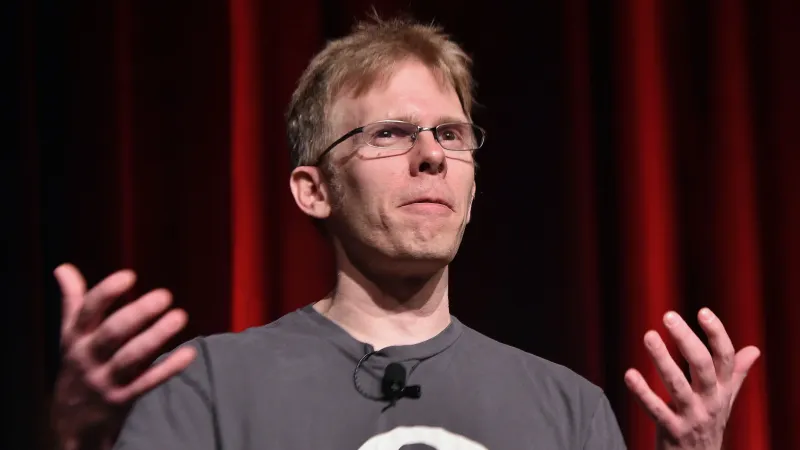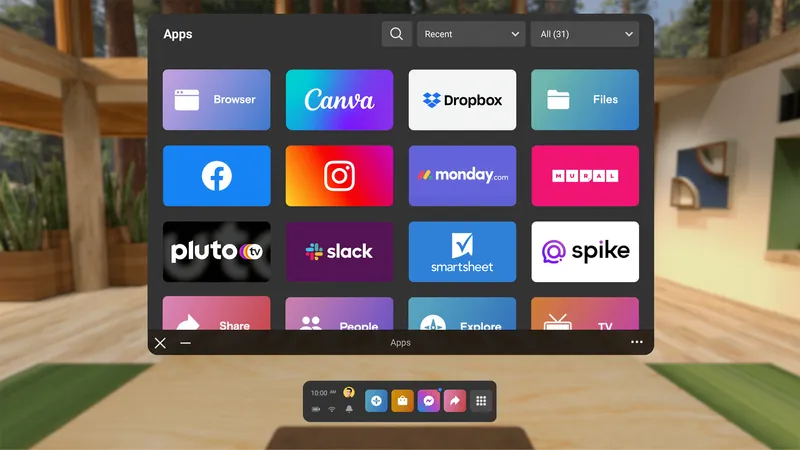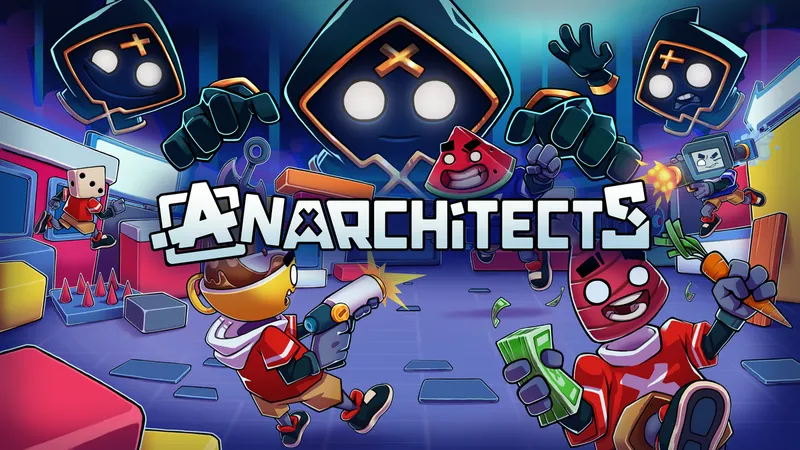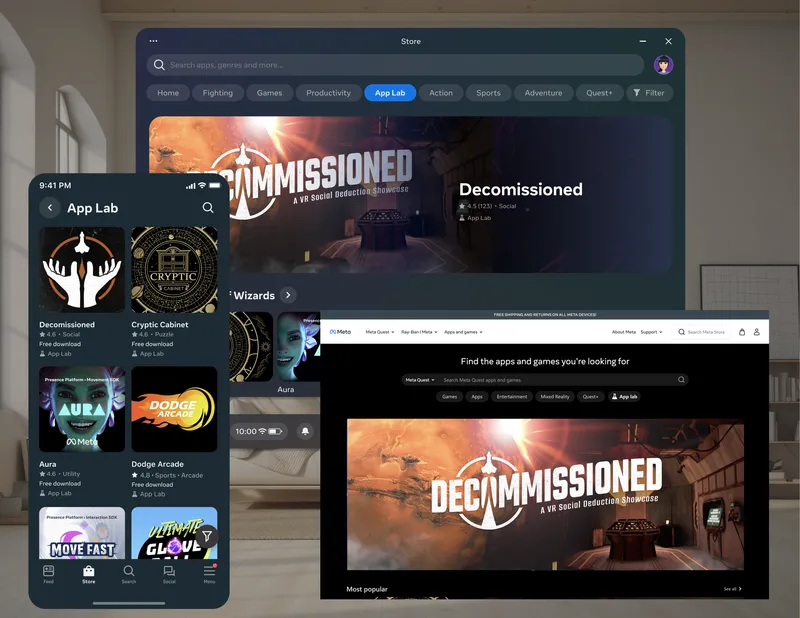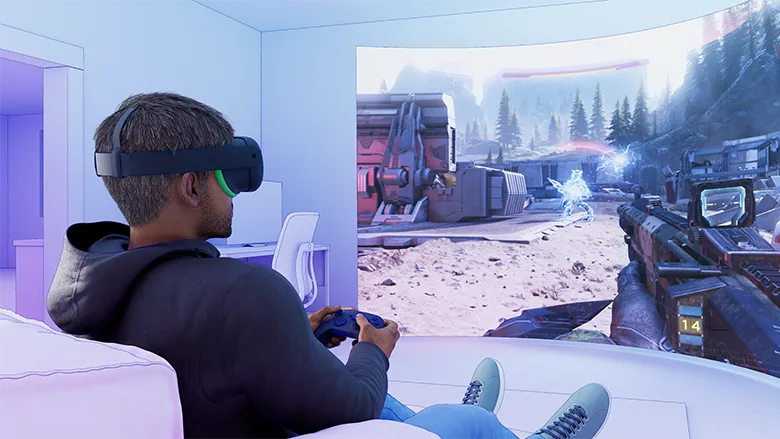I talked recently with Jesse Schell, the game design professor, author and VR developer. He’s worked with VR for decades, dating back to his time as a Disney Imagineer, and his studio Schell Games is responsible for more than a dozen VR and AR projects including I Expect You To Die — a hand-controlled VR game which cleared $3 million in revenue late last year despite the relatively slow uptake of headsets.
“I expected VR games to take off faster than they have,” Schell said. “They haven’t gone crazy less, but I would say adoption is about half of what I expected. Looking back, I understand why looking at all these points of friction.”
Schell’s guess regarding the adoption of Facebook’s Oculus Quest in 2019 is notable not for the number itself — 1 million-plus — but because he’s aware of just how much of a “wild” guess it is. We hear estimates all the time guessing at the market size for VR headsets based on the adoption rate for various systems, but Facebook and HTC have never released actual sales numbers for Rift or Vive. Sony’s PlayStation VR headset sold 3 million since its release in 2016 while Gear VR and Cardboard-based phone headsets together number far in excess of 5 million. That last number sounds impressive, but those millions of headsets sit in disuse while the Rift, Vive and PSVR offer players a pair of hand controllers to dramatically increase immersion and interactivity. It is on the storefronts which serve hand-controlled games where “I Expect You To Die” gathered $3 million in revenue over the last few years.
“Most of the people with VR systems are [age] 25+ because they are expensive systems, and because they are that age VR doesn’t fit very well into their lives,” Schell said. “The Quest crosses a number of thresholds that VR has not yet crossed.”
Though Schell’s studio has been playing with Valve’s Knuckles controllers for years, his thesis for optimism regarding the VR market in 2019 surrounds the $400 all-in price for Oculus Quest. Quest’s launch is just a few months away but its library is still shrouded in mystery and Schell wasn’t ready to reveal his plans for the headset yet. Schell said he didn’t expect an all-in-one system at Quest’s price and capabilities to arrive by 2019, though, and he believes it will be a huge draw through the holidays this year among teenagers and young adults whose lives could be a better fit for the regular escape to a virtual world.
“We do love the Quest, we are doing a lot of experiments and things with it,” said Schell. “Platforms in the size and shape of Quest are the ones that we are most excited about.”
Quest offering 6DoF movement freedom to both hands and head with no wires is what Schell feels could hit a sweet spot in 2019. He refers to other VR headsets as “parasite” systems reliant on the processing power of an existing gadget (phone, console or PC) to make them work.
“It’s going to have way lower barrier of entry than any other headset,” Schell said. “The utilization will be higher than previous systems. . . Quest is the first computing system actually designed for VR.”
Schell also confirmed new content is coming to I Expect You To Die in 2019, but declined to reveal more about the project right now, except to say the additional content will be a free add-on.
While Schell is relatively bullish on standalone VR adoption, he also warned other developers to be cautious about overspending. He said Schell Games has been funded from a variety of sources including government grants and hardware manufacturers, and being realistic about the scope of projects and the funding needed for them was critical in positioning them to reap rewards through “slow, steady growth” to the VR market size.

